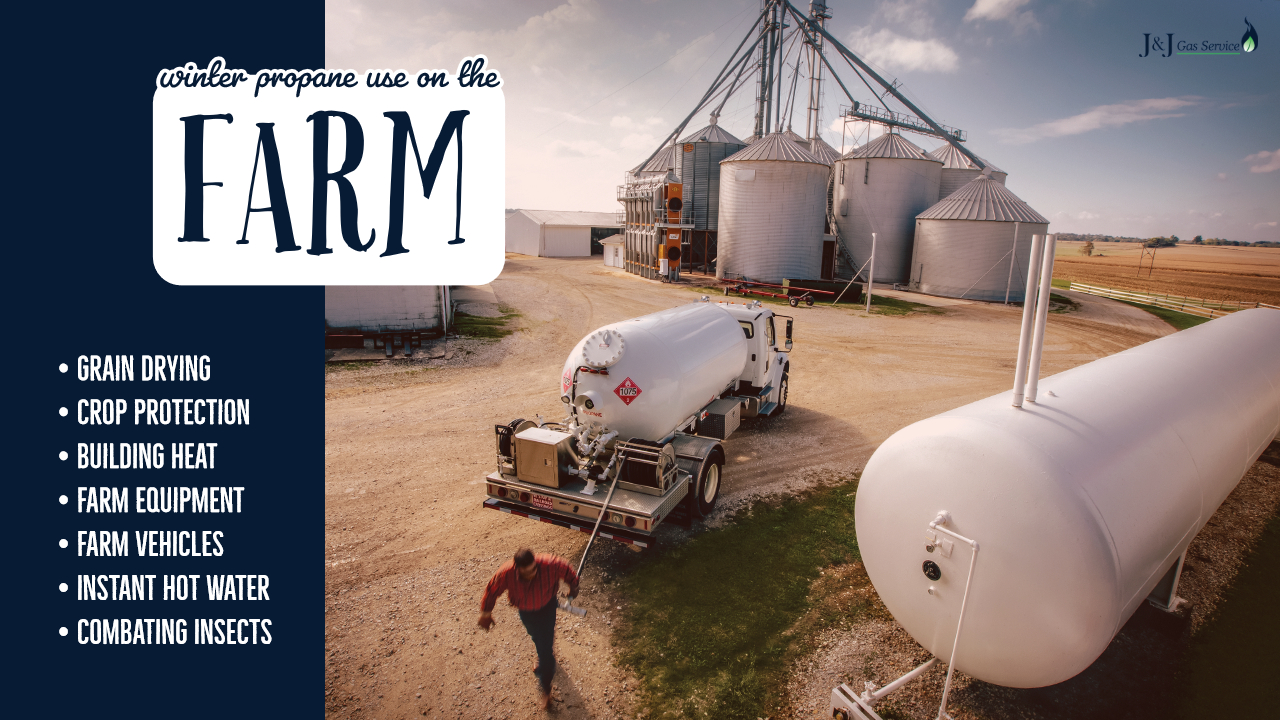
Why Farms Use Propane
Propane is readily available and can be delivered to all parts of the country.
Propane doesn’t require fuel stabilization from one season to the next.
Propane produces up to 24% fewer greenhouse gases than gas – it’s a clean fuel. Don’t forget, it keeps engine clean, which can extend engine life and reduce maintenance.
Propane is non-toxic. No EPA spill plans are required.
Propane is American-made – 98% of propane is produced in the U.S.
Winter Propane Uses
Grain dryers: propane doesn’t contaminate grain because it’s a clean fuel source. Over 80% of grain dryers use LP Gas.
Crop protection: propane is used to protect crops from cold snaps that will damage or kill them.
Building heat: during cold snaps, propane provides heating solutions for livestock, poultry and greenhouses. Propane heaters provide a constant heat and clean air for livestock and horticulture.
Farm equipment: propane boosts farms efficiency while keeping operation costs low. Since it’s a clean burning fuel, farmers use propane to power tractors, crop sprayers, combines and other heavy-duty equipment.
Farm vehicles: propane-powered trucks offer lower operating costs and lower emissions than those running on gas.
Instant hot water: propane provides on-demand hot water necessary to sanitize dairy farms.
Combating pests: propane is used to protect crops against weeds and insects without the use of pesticides and other harsh chemicals.
Our Service Experts
J&J Gas Service has a long history of working with our agricultural community. We’ll set a delivery schedule that works best for you and we can help you assess when it’s time to upgrade your propane storage to maximize farming operations and delivery efficiency.

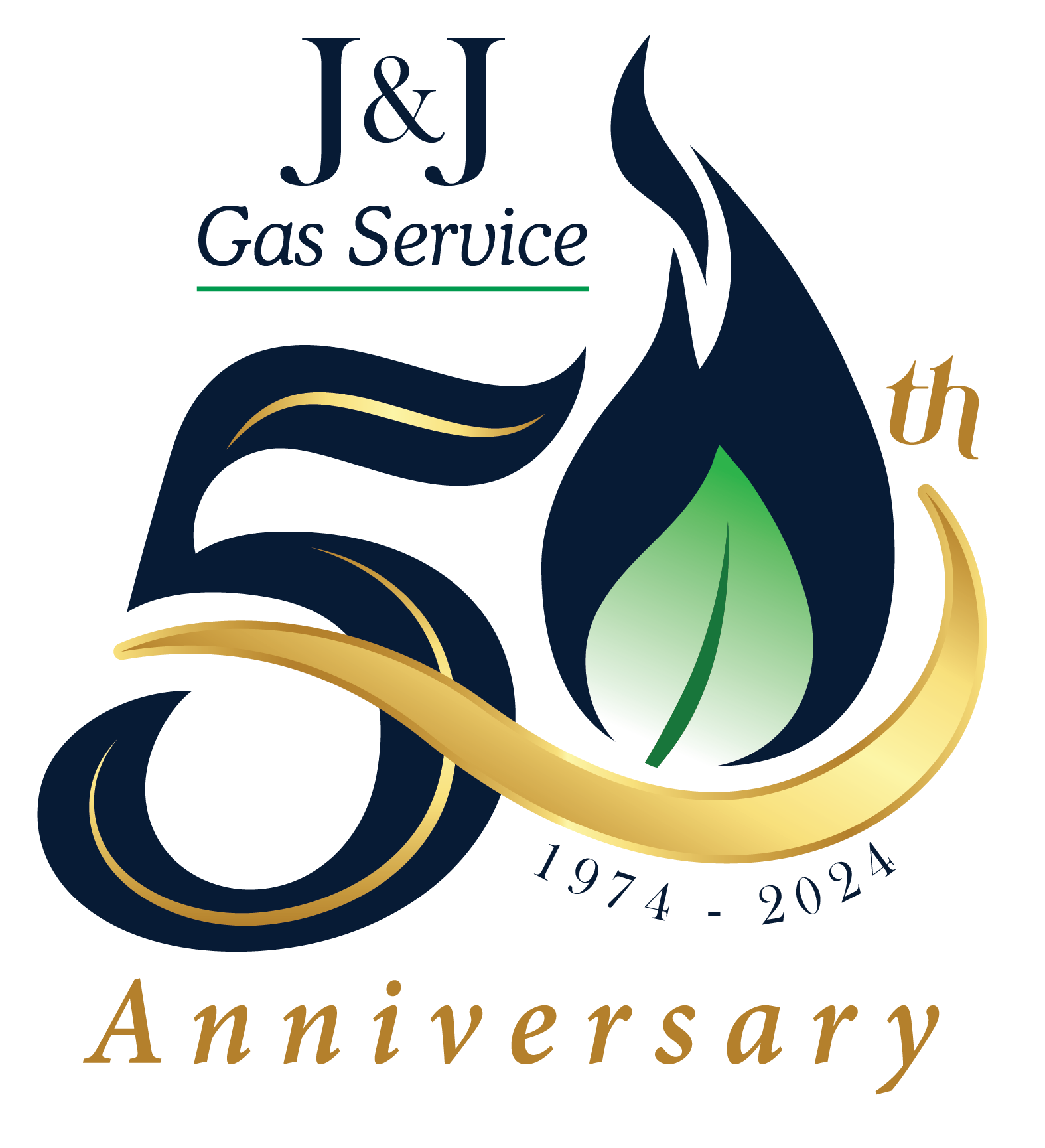
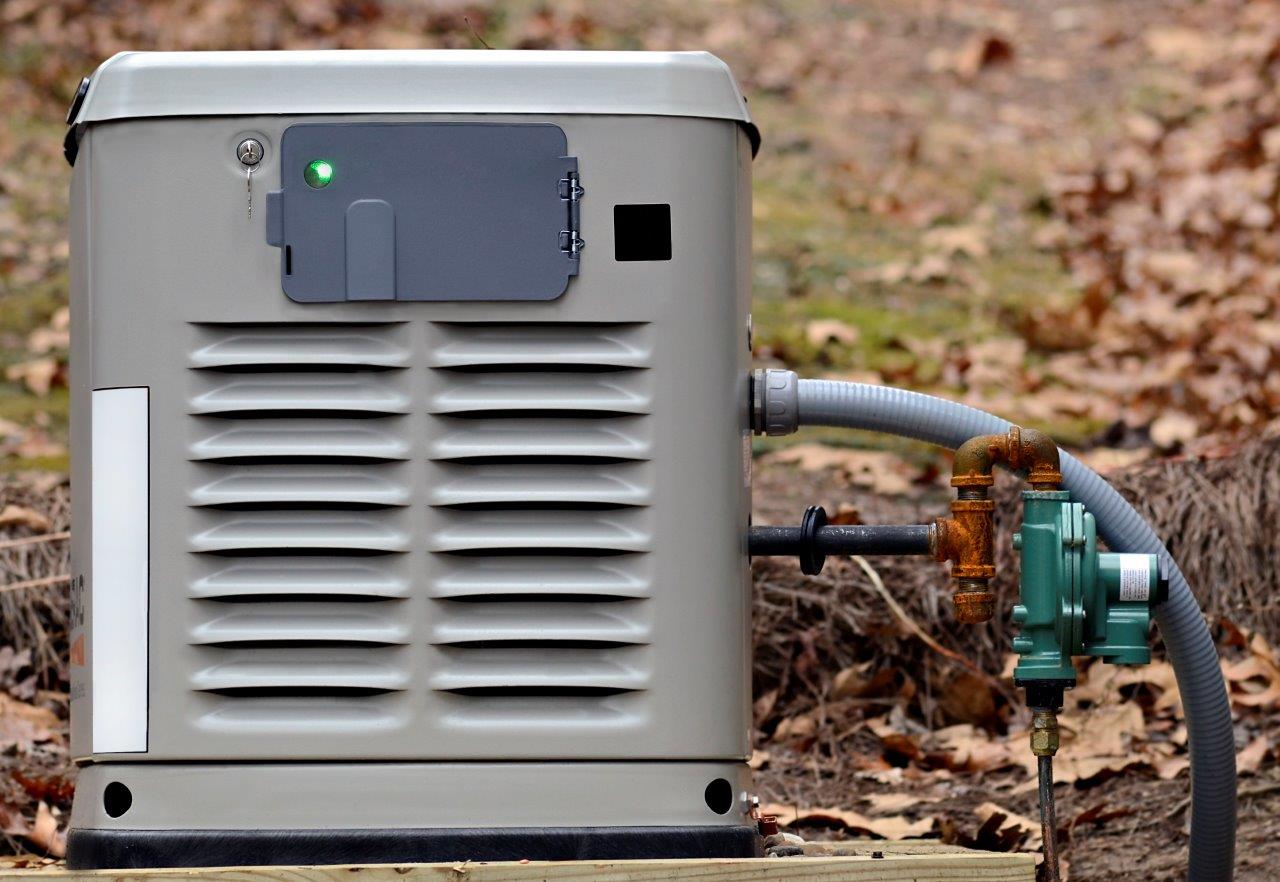

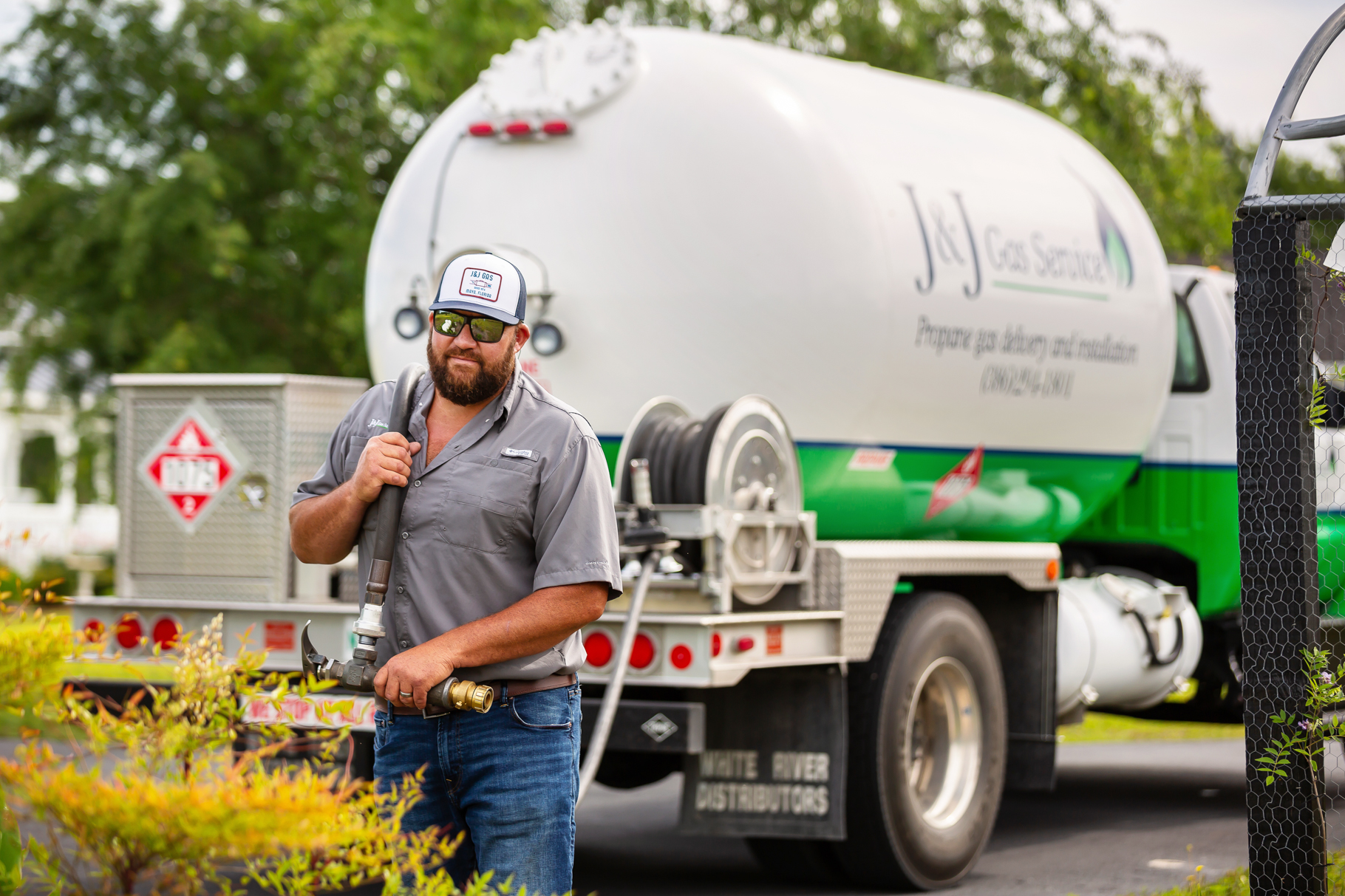
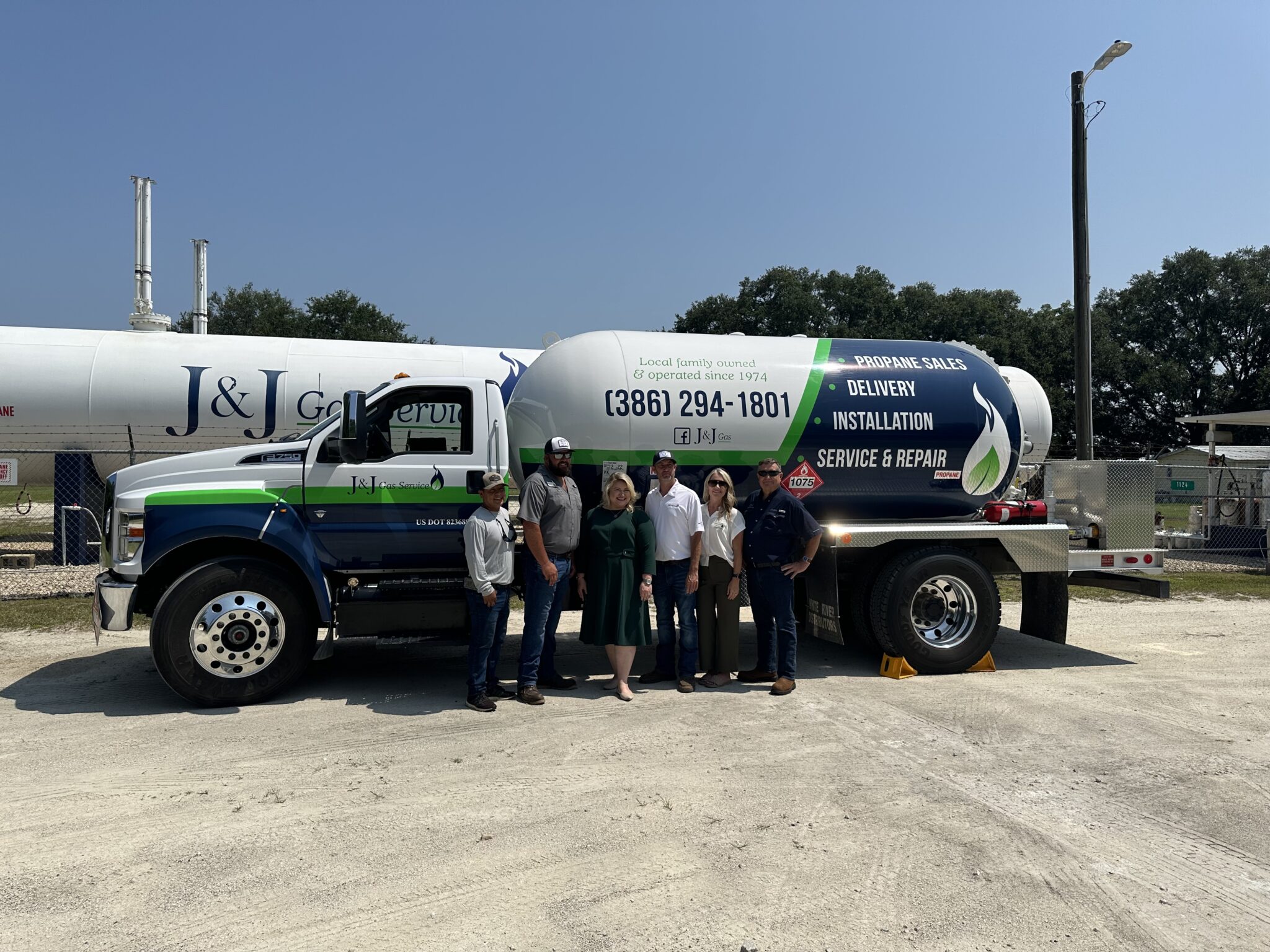
My wife and I recently moved into a different house, and since we need to locate a heating source, we haven’t been able to cook or take hot showers. We think your advice on choosing between propane and electric heating will help us locate the ideal solution for our family because of this. Thank you for the information about how vehicles fueled by propane have lower operating expenses and emissions than trucks powered by gas.